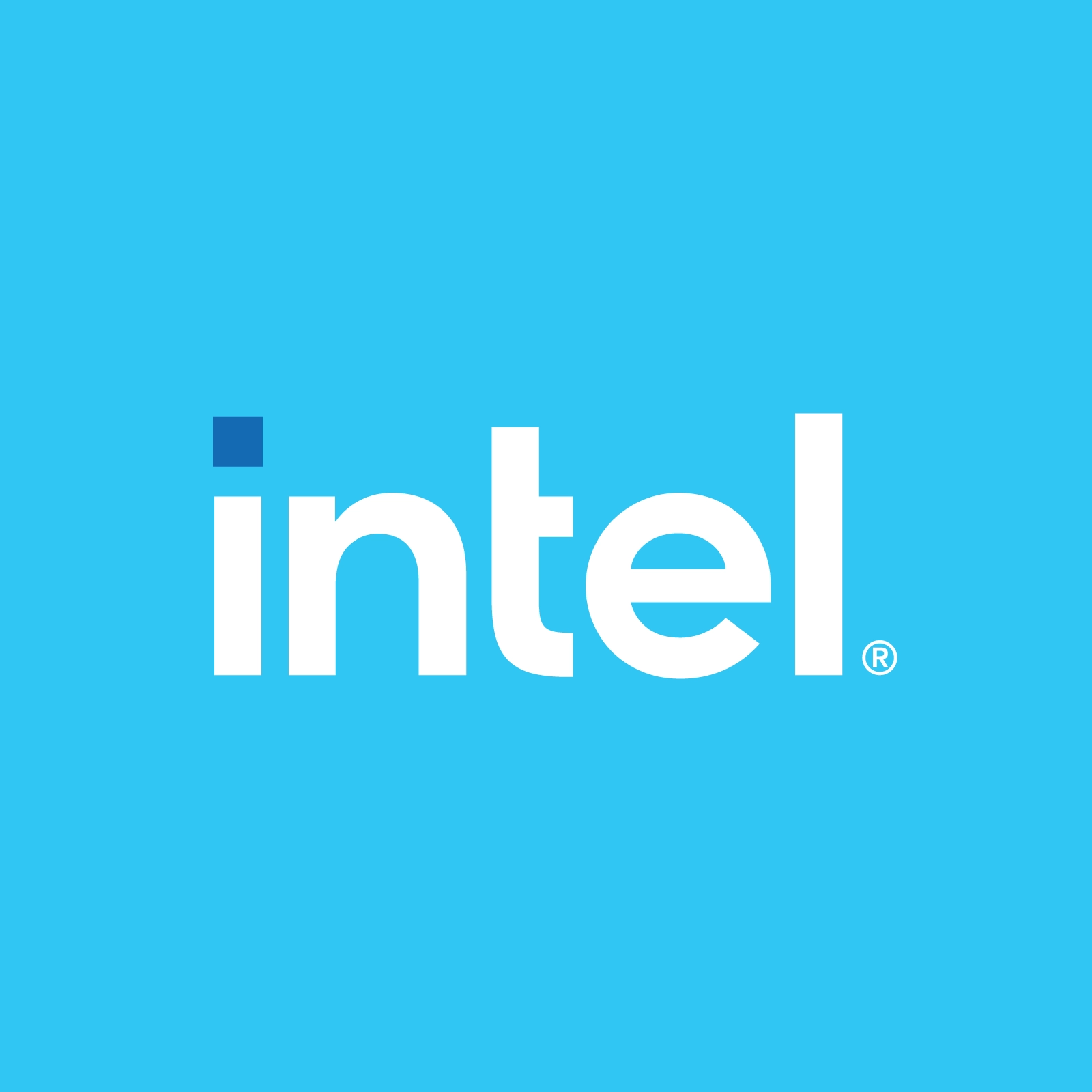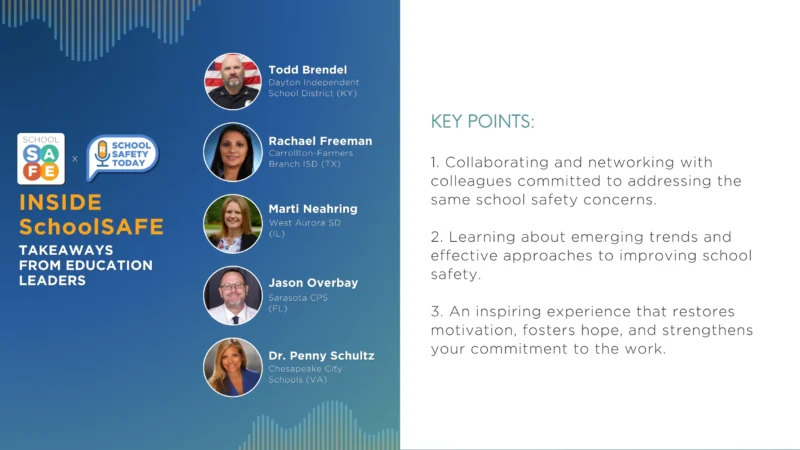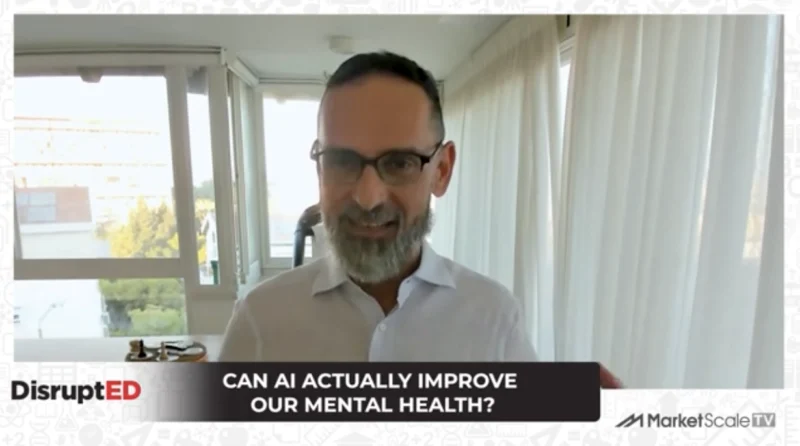Applying AI and Computer Vision Technology to Improve Student Engagement and Learning Outcomes
It is undeniable that the impact of the pandemic on students, teachers and administrators has been swift and dramatic. Remote learning became a necessity overnight, and technology has become the key to success for the education industry.
Host Daniel Litwin was joined by Mark Frost, Visual Collaboration Marketing Manager for Intel’s Internet of Things Group, Jag Minhas, CEO & Founder of Sensing Feeling, and Duncan Peberdy, EdTech Consultant at DroitwichNet Limited for an engaging discussion on utilizing technology for data capture and analysis to monitor and improve student engagement and outcomes.
Remote learning has changed the dynamic of education at all levels.
“Everybody has been desperate to have that continuity of education,” Peberdy said. “People have different perceptions as to whether technology is going to solve it or if it will actually be a problem.”
Campuses moved toward smaller groups and collaboration in person but have since moved back toward larger lecture audiences with remote learning via conferencing interface platforms. “It has not been a gentle transition,” Peberdy said.
“The IT challenges have been massive,” Frost added.
Student engagement is very difficult when working from a distance.
Video calling technology has been utilized to deliver a remote teaching and learning environment. Many accessory developments have been added to improve engagement during teaching sessions. This has led to “a gradual enrichment of the basic tools to help facilitate more interactive engagement,” Minhas said.
Collaboration technology, interactive touchscreens, virtual classrooms, computer vision technology, and IoT solutions are also being applied to remote learning. These technologies improve student engagement and collect data that can assist in evaluating other engagement technologies and teaching techniques.
It is important to integrate multiple technologies and communication tools to create a productive and efficient system. As learning has abruptly moved from in-person to fully remote and now toward a hybrid learning environment, educators need to be equipped to facilitate learning in multiple scenarios and be prepared for future situations that could be similar to COVID.
Learn more about Education with Intel by connecting with Mark Frost on LinkedIn or visit http://www.intel.com/education.
Subscribe to this channel on Apple Podcasts or Spotify to hear more from the Intel Internet of Things Group.
Follow us on social media for the latest updates in B2B!
Twitter – @MarketScale
Facebook – facebook.com/marketscale
LinkedIn – linkedin.com/company/marketscale




